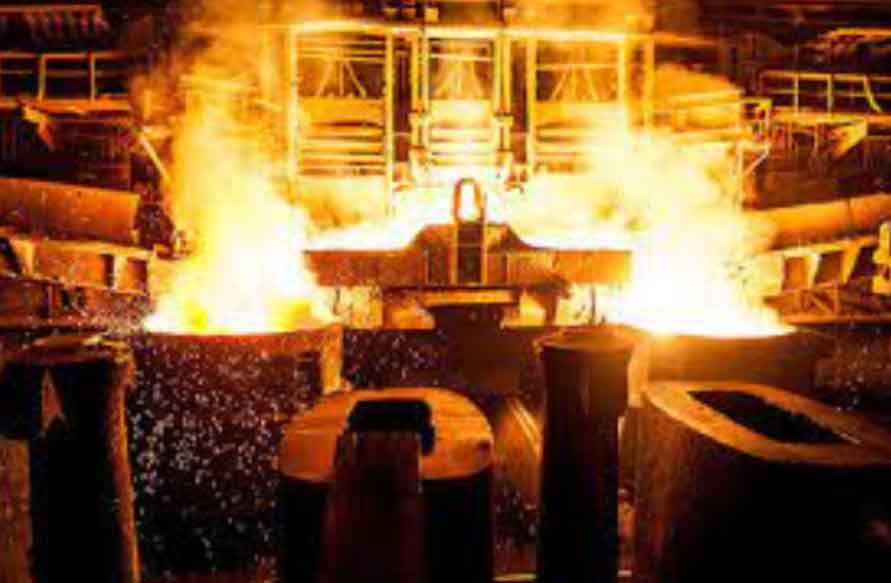
Steel castings offer a wide range of surprising benefits that make them highly advantageous in various sectors:
- Strength and Durability: Steel castings have exceptional strength and durability, making them ideal for heavy-duty applications in industries such as construction, mining, and transportation. They can withstand extreme conditions and heavy loads without deformation or failure.
- Versatility: Steel castings can be produced in complex shapes and sizes, making them suitable for a diverse range of applications. They are used in industries ranging from automotive and aerospace to oil and gas.
- Cost-Effectiveness: While the initial cost of steel castings may be higher compared to other materials, their longer service life and reduced maintenance needs make them cost-effective in the long run. They can endure harsh environments, reducing the need for frequent replacements.
- High Machinability: Steel castings are machinable, allowing for precise finishing and the creation of intricate features. This makes them suitable for components with tight tolerances and critical specifications.
- Corrosion Resistance: Stainless steel castings, in particular, exhibit excellent corrosion resistance, making them suitable for applications in marine environments, chemical processing, and food processing industries.
- Heat Resistance: Certain steel grades have exceptional heat resistance, making them suitable for high-temperature applications, such as in power generation and industrial furnaces.
- Wear Resistance: Steel castings can be specially formulated to provide exceptional wear resistance, making them ideal for components exposed to abrasive and erosive environments, such as in mining equipment and machinery.
- Design Flexibility: Steel castings offer design flexibility, enabling engineers to create customized shapes and configurations that optimize performance and functionality.
- Safety and Reliability: The inherent strength and consistency of steel castings ensure high levels of safety and reliability in critical applications. This is particularly important in industries where component failure can lead to severe consequences.
- Sustainability: Steel is a highly recyclable material, and steel castings can be recycled and reused, contributing to a circular economy and reducing the demand for virgin materials.
- Integration of Components: Steel castings can incorporate multiple features and functions, reducing the need for assembly and joining of separate components, thus simplifying manufacturing processes.
- Sound and Vibration Damping: Steel castings have excellent sound and vibration damping properties, making them suitable for applications where noise reduction is essential.
These benefits, combined with advancements in casting technology and material science, continue to expand the applications of steel castings across various sectors, making them an indispensable part of modern engineering and manufacturing.
